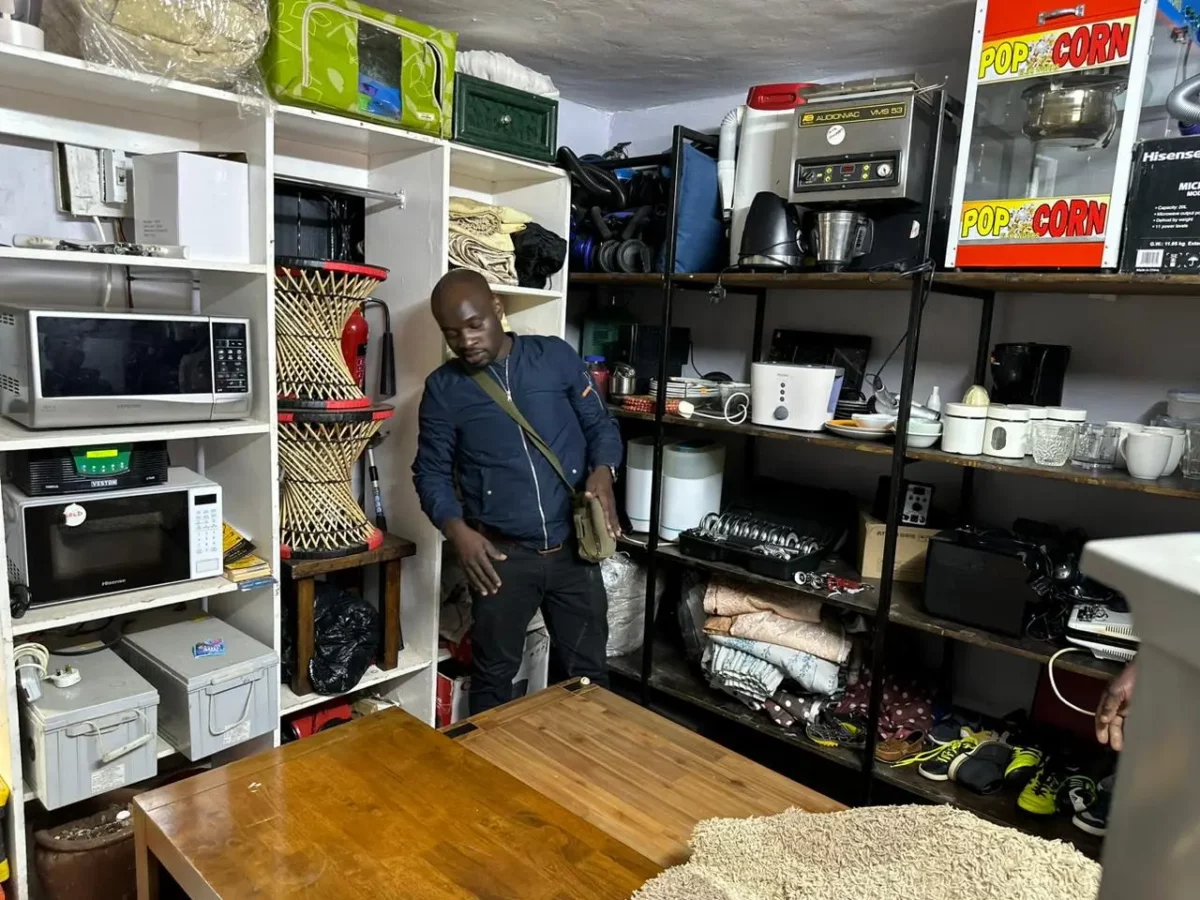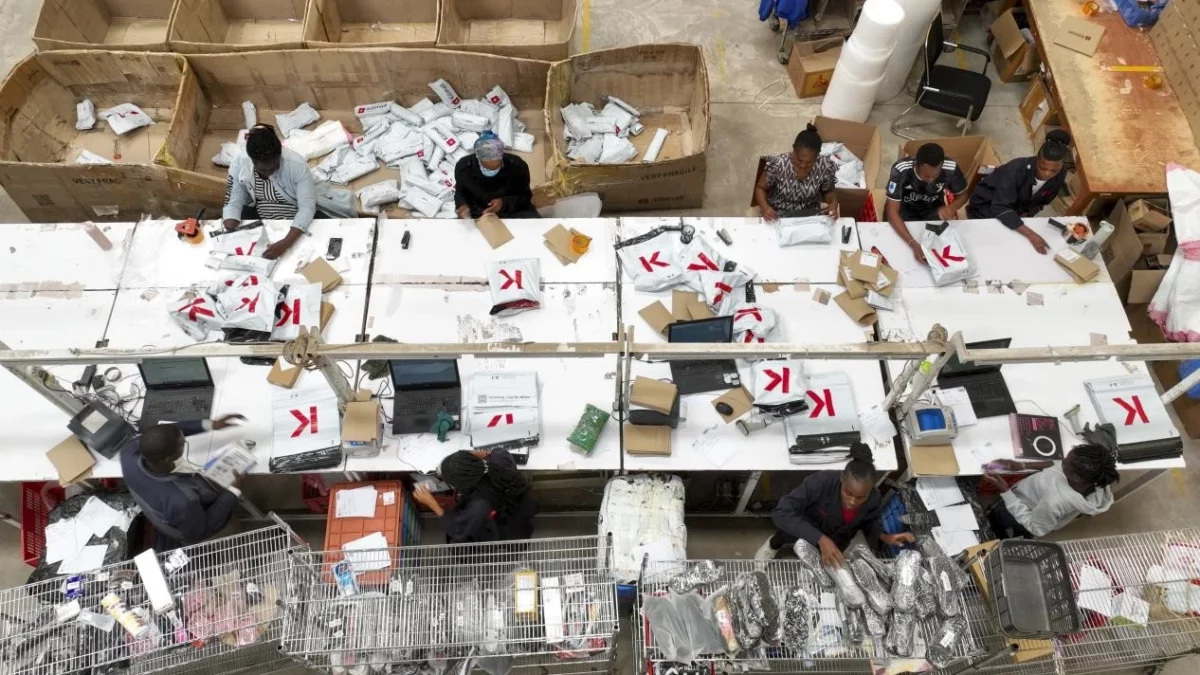As the digital age continues to transform the way we shop, Kenya’s informal markets are witnessing a surge in digital commerce, particularly through platforms like Dukas and WhatsApp. This shift in consumer behavior is reshaping the landscape of e-commerce in East Africa and offering an alternative to traditional retail outlets.
The Amazon-style e-commerce model, personified by Corido Marketplace, has faced challenges in gaining traction in Africa. With the limited availability of large retail chains and the high cost of items, many Kenyans have turned to street shops, known as “dukas,” which dominate the grocery and small housewares markets.
Read also: ODPC Issues 3 Penalty Notices Amounting to KSH 9M
In contrast to the hub-and-spoke warehouses seen in the dark-store delivery model, these dukas are not repurposed warehouses but rather neighborhood corner shops.

Kenya’s largest supermarket chain, Naivas, boasts only 84 outlets across the entire country, leaving a significant gap in access to affordable groceries and household staples for many Kenyans. To bridge this gap, digital commerce entrepreneurs are reimagining the e-commerce model to closely resemble the dark-store delivery concept.
Kevin Rakama, CEO and Founder of Corido Marketplace, a pioneering online trading platform, shared his insights on this emerging trend.
“Our success is when they [dukas] are able to offer more goods and at better prices,” Rakama says.

In 2021, B2B e-commerce firms in Africa raised more than Ksh 37.9 Billion in disclosed funding. The COVID-19 pandemic played a significant role in driving this shift towards e-commerce, with more people opting to shop online and have goods delivered to their doorsteps.
These e-commerce companies aim to digitize the distribution layer of fast-moving consumer goods, which constitute the majority of items sold in street shops. They also provide credit to help their retail partners maintain sufficient stock levels.
Despite the promising growth of online shopping in Kenya, there are challenges, particularly related to cybersecurity. Rakama emphasized the importance of investing in robust cybersecurity measures, including state-of-the-art firewalls, to protect both buyers and sellers using their platform.
![Online shopping at the comfort of your home. [Photo/Courtesy] Digital](https://news.switchtv.ke/wp-content/uploads/2023/09/The-Top-10-Retail-Apps-Gen-Z-and-Millennials-Are-Using_8.3-1200x800.webp)
The business model of Corido Marketplace is structured as a self-service platform for both buyers and sellers list, and purchase with unparalleled ease, making the entire shopping process more efficient and enjoyable than what competitors offer.
“The market expansion is in need of a service provider who would bridge the gap and provide solutions tailored to its needs that were not being met by the already existing players in this field.” Rakama says.
The team comprises IT specialists, key account managers, market researchers, business innovators, developers, and client feedback managers. They generate revenue through fees charged to sellers for using their platform.
Additionally, Corido Marketplace is developing an internet-based app that caters to both Android and iPhone users, with plans to launch it soon.
When asked about the strategies to ensure long-term sustainability, Rakama stressed the need for continuous innovation and staying abreast of technological advancements. He also highlighted the importance of maintaining open communication with customers to ensure their satisfaction.
He says that, Corido Marketplace boasts a vast range of product categories that cater to a diverse clientele. Whether it’s furniture, electronics, home appliances, jewelry, automobiles, decor, kitchenware, or more, sellers can find a relevant category to list their items and buyers can enjoy a comprehensive shopping experience.
Subscribe to Switch TV
Corido Marketplace’s innovative approach to e-commerce is gaining momentum in Kenya and beyond. By combining the convenience of street shops with the power of technology, Rakama and his team are creating a platform that resonates with a wide range of consumers, particularly those who cannot afford the luxury of weekly trips to retail outlets.
As Kenya’s informal markets adapt to the digital age, entrepreneurs like Kevin Rakama are revolutionizing e-commerce to meet the unique needs of local communities. By co-opting street shops and focusing on last-mile delivery, these innovators are finding success in a market that demands both affordability and convenience.




























